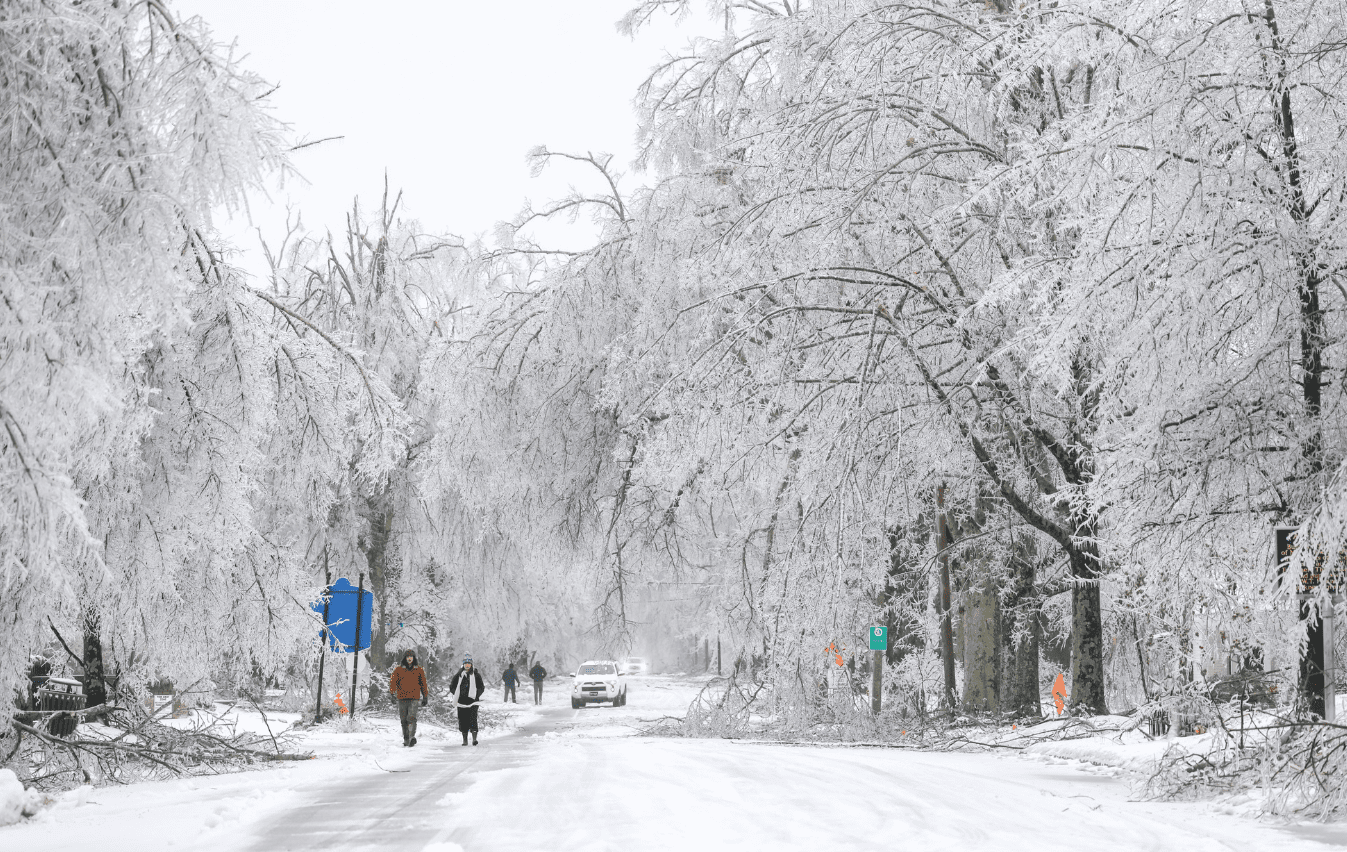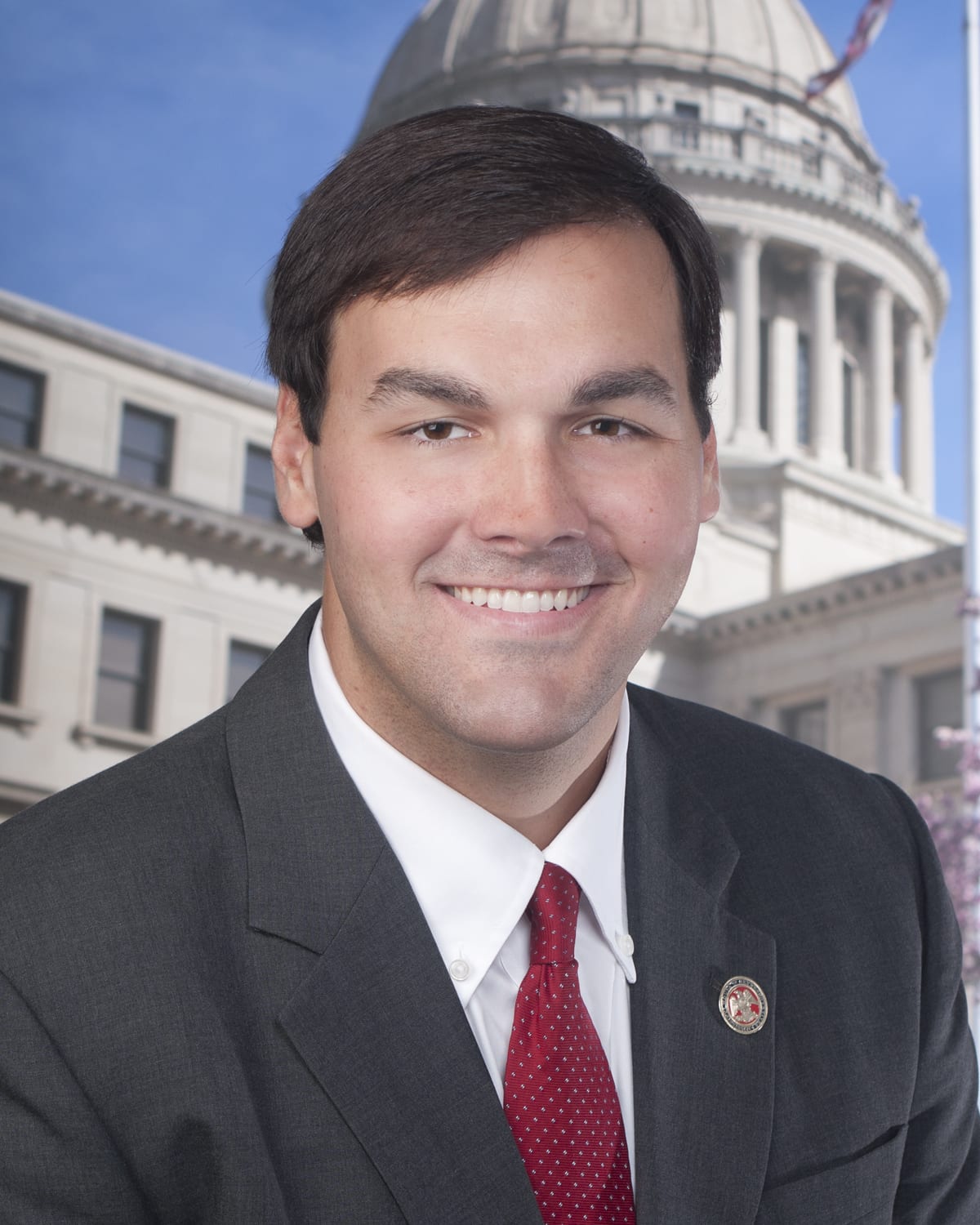
by Sarah Ulmer
Human trafficking is not something that conjured up in faraway lands among people groups that you’ll never come face to face with. It is an epidemic that is affecting mothers, brothers, sisters, and daughters all across the United States and that means even right here in Mississippi.
The Polaris map shows what areas of the country contain a high concentration areas of trafficking, and estimates 20.9 million people are caught in trafficking.
This year, lawmakers were faced with three bills that would have impacted how the state handles cases of human trafficking. Only one survived the first committee deadline, SB 2631, authored by Senator Watson. The bill outlined penalties for individuals and enterprises who take part in trafficking to any extent.
No one will disagree that punishment for those involved in trafficking is necessary to end it, but Sandy Middleton, Executive Director at the Center for Violence Prevention said often very few trafficking cases are ever actually picked up (right now there are only 5 cases being investigated) and prosecuted because there is a lack of education amongst law enforcement about the difference in trafficking and other abuse cases.
“We can’t just hope that these cases are recognized and prosecuted. Our position is that until we are investigating and prosecuting the cases and have effective and specialized treatment we are not really addressing this issue,” said Middleton.
At the end of last year, Shared Hope International issued state report cards that graded each state on their human trafficking laws. Mississippi received an 88, or B, which was a huge improvement from the previous D. The main two areas of concern reported were:
- Mandatory training for law enforcement
- Provisions for child victims.
You can view Mississippi’s Report Card here.
Training is now offered to officers through MLEOTA, however it is not required. Paula Broome, who serves as the Human Trafficking Coordinator with the Attorney General’s office, said they are consistently offering training for law enforcement from a legal and investigative perspective. Just this year, a two day training at MLEOTA was held for investigators. There is still concern that while younger officers may receive training on trafficking, older LEO’s are still often lacking the education.
Broome’s position as HT Coordinator is still not funded however, the office is working hard to fulfill some of those duties in order to combat trafficking. Recently a database was set up with Homeland Security called HISN, where an officer can submit any information gathered on a human trafficking case, it is documented, and stored. Just last year between August and December 16 cases were reported through the Human Trafficking Hotline, this year there have been four so far.
The Towers, an adult shelter recently opened in the Jackson area offers shelter and treatment for adults escaping trafficking. At any given time they are able to house 6-8 people, but Middleton said this doesn’t answer the question of how do we help the children?
Children are often left to detention centers and psychiatric wards for housing. And while CPS has begun to designate case workers to handle human trafficking cases specifically, there are still kinks to work out to ensure these kids get the right kind of intensive therapy they need to deal with the deep levels of trauma trafficking causes.
“The provisions for children are a real problem. There isn’t anywhere for these children to go. Any person under 18 years old who is caught in “prostitution” is a victim of human trafficking and is considered a victim,” said Lindsey Simmons, with Capital Partners. “However, due to a lack of training and education among law enforcement, prosecutors, and judges, these victims are sometimes prosecuted as prostitutes for crimes related to their trafficking.”
The adult shelter works with The Central Mississippi Human Trafficking Task Force, a completely volunteer group of 22 partners including federal, local, law enforcement and victim’s services individuals. They are working to identify these cases, educate law enforcement, and provide assistance.
“These are not abuse cases, sex trafficking cases are different than anything else Child Protective Services deals with and that is a huge issue. There has been an attempt to rope it into everything we are doing and anyone who works these cases can tell you that is not the way it works,” said Middleton.
While SB 2632 does not address the issues of training and child security, it does keep the conversation of human trafficking alive among lawmakers and Mississippi residents, Middleton and others hope will mean more legislation to encourage education and training for law enforcement and prosecutors to know the difference in human trafficking cases.











